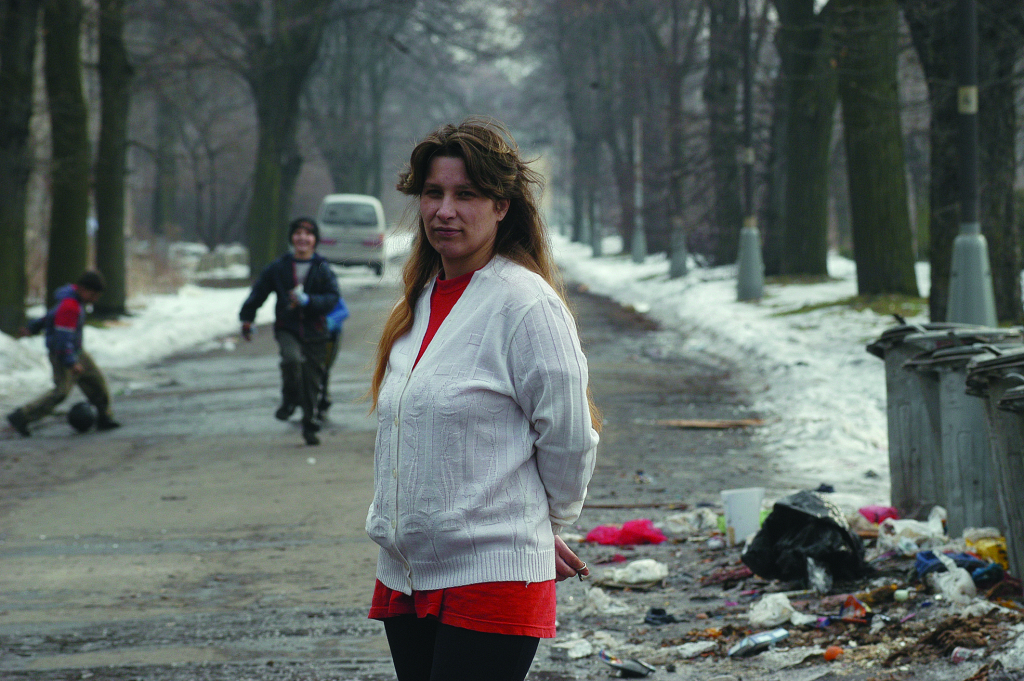Hate speech, hate crime and racial segregation of Roma in Czechia – UNCERD is ‘deeply concerned’
30 August 2019

In its latest concluding observations on the Czech Republic, UNCERD expressed its concern at the prevalence of anti-Roma and anti-migrant hate speech used by politicians and diffused on social media; the prevalence of racially motivated crimes targeting Roma, Jews, migrants and minority rights activists; anti-Roma discrimination in the housing market, and the “prevalence of segregated schools where the large majority of pupils are Roma”; and called on the Czech authorities to “expedite the establishment of a dedicated and effective compensation mechanism for Roma victims of forced sterilization.”
Hate speech
The Committee called on the government to firmly condemn any form of hate speech and xenophobic rhetoric against minority groups and to distant itself from racist hate speech expressed by politicians and public figures. It called on the authorities to intensify its awareness raising activities to combat racism; to strengthen the accountability of media outlets and journalists diffusing hate speech; and to ensure that such acts are investigated and adequately punished. UNCERD was deeply concerned about “the use of racist hate-speech, anti-migrant and anti-Roma rhetoric by politicians and public figures, including members of the Parliament, mayors and members of the government”.
In addition to criticizing the media for its role in the propagation of racist stereotypes and prejudices about minority groups, the Committee responded to reports of intimidation and a growing hostility towards journalists who cover migration issues impartially with a call for better protection to ensure “they can perform their work without fear of reprisals or intimidation.”
Hate crime
The prevalence of racially motivated crimes remains a concern, “in particular attacks against property, threats and physical attacks targeting Roma, Jews, migrants and minority rights activists”, and the Committee regrets the failure of the State to provide any disaggregated data related to such crimes. The Committee called for better training for judges and police, better statistics, and promotion of minority persons in policing and judicial systems. From the victims’ side, UNCERD called for provision of free legal aid, better awareness of remedies, and for the state “to ensure that cases of racially motivated crimes are properly investigated and those responsible are prosecuted and adequately punished.”
Roma exclusion
As far as UNCERD’s concerns about the capacity of Roma to enjoy economic, social and cultural rights, the following merited special mention: The widespread discrimination faced by Roma on the housing market, the high proportion of Roma residing in socially excluded localities, often in so-called “residential hotels”, with no security of tenure and the constant risk of forced eviction; the significantly lower life expectancy among Roma and discrimination in accessing health care; the disproportionately high number of unemployed Roma; and the prevalence of segregated schools where the large majority of pupils are Roma. The report noted that this practice is exacerbated by the concentration of Roma in socially excluded localities and by the reluctance of non-Roma parents to have Roma pupils attending their children’s school.
The UNCERD observations called on the Czech authorities to increase access of Roma to adequate and secure housing; to develop social housing in socially and ethnically mixed neighbourhoods; and to combat discriminatory and abusive practices in the housing market. As for forced evictions, the government was urged to ensure that evictions are only conducted as a means of last resort and in accordance with national law and international standards.
To combat discrimination in education, the authorities were urged to develop a desegregation plan, including the redesign of assigned school districts; to conduct awareness-raising campaigns on the advantages of diversity directed towards both Roma and non-Roma parents, and adequately sanction schools that refuse to enrol Roma children.
This report comes as a fairly damning indictment of the failure of the EU Framework for National Roma Integration Strategies to improve the living conditions and defend the fundamental rights of Romani citizens in the Czech Republic. There is no mystery about what needs to be done to remedy the injustices, to eliminate the routine direct and indirect discrimination that confront Roma. What will it take for justice to be done beyond 2020?
The full report can be read here.




